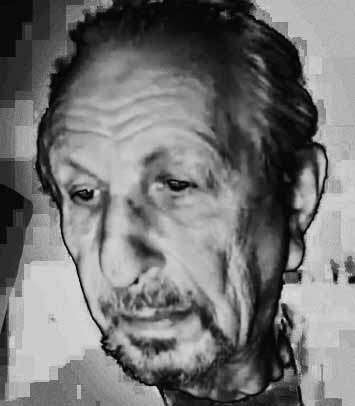His build is blocky like the hockey defense-man he once was, but Denis Matsuev’s fingers can touch piano keys lightly as butterflies landing on begonias. The mood of his solo recital opened blissfully, like the January night by the fireplace described in Puskin’s poem “By the Hearth” which inspired the first of the twelve monthly miniatures Tchaikovsky published as The Seasons, Op. 37b. These are lyrical works that sing in folk and popular dance idioms of love and nostalgia for times gone by. Languid and energetic by turns, the disarming simplicity of these pieces reveal the underpinnings of Matsuev’s virtuosity: his fine control of tempo and dynamics, his subtle rubato, and the magical display of orchestral colours he can conjure from the simple chords and melodies of Tchaikovsky’s score. These abilities, and Matsuev’s sure sense of narrative, make this rather long, shallow, technically unambitious work entertaining enough to occupy the entire first half of his recital.
After intermission, Matsuev brought on the heavyweights of his all-Russian program. He began with two Preludes by Rachmaninov, who was recently voted by 100 pianists as the greatest pianist of the 20th century, not so much for the legendary technique and control of his oversize hands, as for the singing tone of his piano playing. Matsuev emulated the master in all these qualities, balancing pyrotechnics and subtle nuancing, clean pedalling and spectacular spontaneity, while always maintaining focus on where each piece was headed.
The Prelude in G minor opens with the melody trilling in the right hand smoothly as a violin vibrato while an ominous ostinato tolls in the left. Rachmaninov develops through martial rhythms a drama that builds the excitement of a “corrida” upward by melodies and counter-melodies that proceed through gradual increases in tempo and dynamics into a grand climax that floats away softly on a high arpeggio. The Prelude in G sharp minor, by contrast, flowed as languid and sparkling as a mountain stream.
Two subdued, Slavic-sounding works by Tchaikovsky, the Meditation, Op. 72 no. 5 and Dumka, Op. 59 let us appreciate Matsuev’s resourcefulness in maintaining a clear line while moving dynamics and shading over a wide range in a short space. Then he pulled out all the stops with Stravinsky’s transcription for piano of Three Movements from Petrushka. Matsuev hammered Stravinsky’s percussive motifs as though he were driving a fast train through a huge Chagall stained-glass wall-window, filling the air with a litter of sparkling fractal shards that magically coalesced back into a new picture window, and then another, until the whole tragic tale of Petrushka and the Moor was told.
The audience, much of it originally Russian now resident in Toronto, went wild. Matsuev, clever devil that he is, offered a tranquil prelude to pacify his fans, which only served to recharge us. We squeezed him for five encores of thundering octaves and rapid-fire finger work that he executed with non-stop stamina, increasing the wildness and velocity of his attack through successive choruses of “In the Hall of the Mountain King” from Grieg’s Peer Gynt Suite, to a hell-for-leather improvisation on Duke Ellington’s “Take the A-Train” that could make Nikolai Kapustin weep.
You can’t walk away from a concert hall feeling any more full of life than after a concert like this, from such a remarkable musician.


